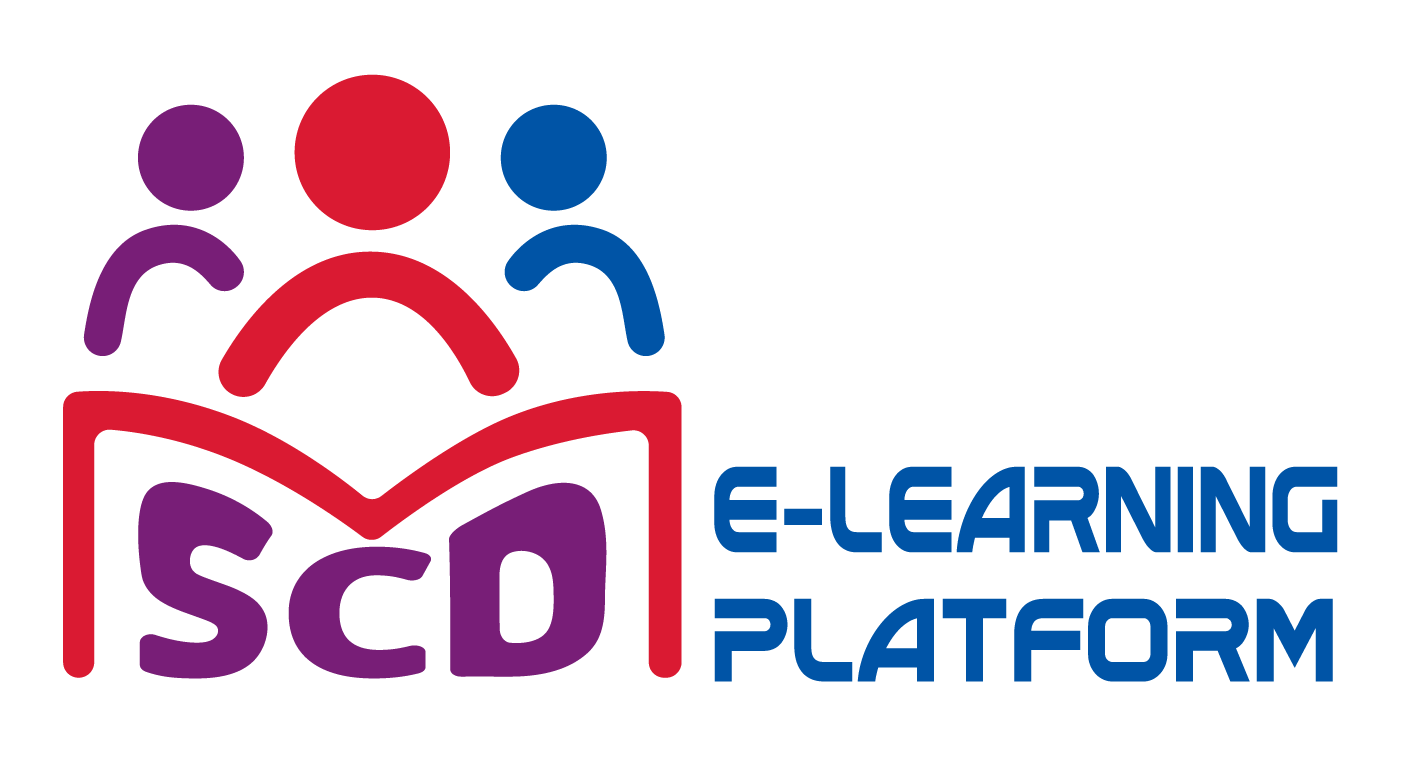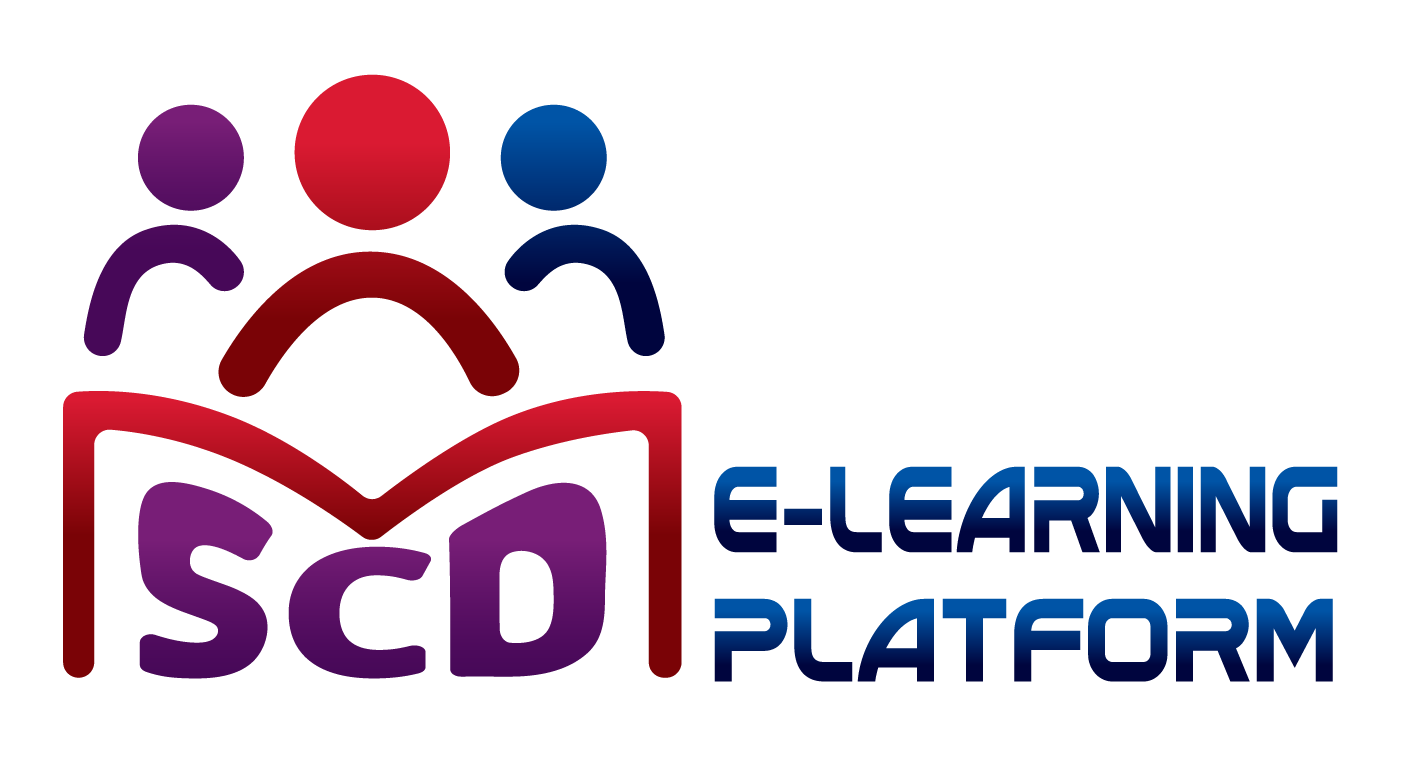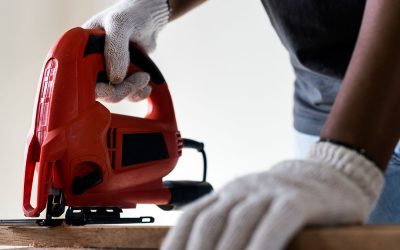Overview
Schedule
Home Improvement and Minor Repairs (HIMR1) – Monday & Wednesday 3:00pm-5:00pm
Introduction
Are you tired of waiting and paying for someone else to fix your basic home improvement and repair projects? Save time and money by becoming your own “DO IT YOURSELF CONTRACTOR” for those simple household projects like, understanding basic house plans, fixing a drippy kitchen tap, or proper installation of an electrical plug.
This course provides participants with the opportunity to perform plumbing maintenance tasks and manage common problems, such as repairing and replacing doors and locks; simple concrete repairs, leaky faucets and clogged drains, as well as dealing with common household electrical issues.
Motivation
Home improvement and repairs can be a costly hobby or an expensive outsource. This Home improvement and Minor repair course is an introductory practical and hands-on work training that guides homeowners on, ‘planning, budgeting, implementing and finishing’ some simple home improvement projects that are common in many homes.
Participants will be exposed to, both theory and practical techniques, different types of materials/resources and equipment used to do simple home construction repairs. The training offered, can also stimulate opportunities for unemployed participants to become employable; pursue higher training qualification; encourage entrepreneurial development and the use of best practices for aspiring tradesmen.
Objectives
This course is designed to equip participants with the knowledge and skills necessary to undertake simple home repairs on a personal level or as an introduction to the home construction industry.
At the end of this course, students should be able to:
- Safely operate simple construction tools like a hammer, screwdriver electrical drill and saw
- Understand a Blueprint Drawing and its components
- Repair and install plumbing lines and fixtures
- Safely conduct simple electrical repairs and upgrades at home.
- Understand and prepare a simple cost estimate for do it yourself project
- Properly negotiate with contractors when undertaking home repair projects.
Entry Requirements
Individuals interested in participating must be fifteen (15) years and over and possess:
- Two (2) valid forms of picture Identification (Identification Card/Passport).
- Proof of residence (non-nationals)
- A digital device and internet access for virtual learning.
- Access to some minor construction tools.
Course Structure
| Course Codes | Course Titles |
| Level I | Home Improvement and Minor Repairs 1 |
| HIMR1 |
Course Modules
- Module 1: Orientation – Tools and Equipment & Health & Safety
- Module 2: Introduction to Blueprint Reading – Plans and Elevations
- Module 3: Basic Home Construction – Basic Cost Estimation; Wood and Concrete techniques
- Module 4: Basic Home Construction – Review Q & A; Class discussions
- Introduction to Plumbing Science
- Module 5: Basic Plumbing Repair – Introduction to Plumbing Science – P.V.C Pipework- Repairs and Maintenance
- Module 6: Simple Installation, repair and maintenance of plumbing and toilet systems, Minor above ground drainage repairs,
- Module 7: Review Q & A; Class discussions and mini Demonstration – Basic Electrical Safety, Repairs and Maintenance Theory
- Module 8: Basic Electrical Repairs and Maintenance (cont’d)
- Module 9: FINAL ASSESSMENT ASSIGNMENT
- Small Entrepreneur Development
- Financial Management of Small Business
- How to Operate a Small Business
- Module 10: Review and Wrap Q & A; Class discussions and Demonstrations
N.B. Each Module consists of two (2) classes/ four (4) hours
Course Cost
Tuition is free of charge, but trainees are required to provide their own training materials and equipment.
.
Assessment Structure
A model of periodical in-course assessment coupled with a final assessment project is proposed for this course. Trainees will be assessed at different intervals over the training period as this helps reduce anxiety with respect to the finality of testing. This assessment method, therefore, enhances learning since trainees will be able to remediate weaknesses before each module ends.
Curriculum
-
Course Lessons
- Home Improvement and Minor Repairs (HIMR1) Module 1 Day 1
- Home Improvement and Minor Repairs (HIMR1) Module 1 Day 2
- Home Improvement and Minor Repairs (HIMR1) Module 2 Day 3
- Home Improvement and Minor Repairs (HIMR1) Module 2 Day 4
- Quiz # 1- Home Improvement and Minor Repairs
- Home Improvement and Minor Repairs (HIMR1) Module 3 Day 5
- Home Improvement and Minor Repairs (HIMR1) Module 3 Day 6
- Home Improvement and Minor Repairs (HIMR1) Module 4 Day 7
- Home Improvement and Minor Repairs (HIMR1) Module 4 Day 8
- Home Improvement and Minor Repairs (HIMR1) Module 5 Day 9
- Home Improvement and Minor Repairs (HIMR1) Module 5 Day 10
- Quiz #2 – Home Improvement and Minor Repairs (HIMR1)
- Home Improvement and Minor Repairs (HIMR1) Module 6 Day 11
- Home Improvement and Minor Repairs (HIMR1) Module 6 Day 12
- Home Improvement and Minor Repairs (HIMR1) Module 7 Day 13
- Home Improvement and Minor Repairs (HIMR1) Module 7 Day 14
- Home Improvement and Minor Repairs (HIMR1) Module 8 Day 15
- Home Improvement and Minor Repairs (HIMR1) Module 8 Day 16
- Home Improvement and Minor Repairs (HIMR1) Module 9 Day 17
- QUIZ 8 -Module 8 -Home Improvement and Minor Repairs
- Home Improvement and Minor Repairs (HIMR1) Module 9 Day 18
- Home Improvement and Minor Repairs (HIMR1) Module 10 Day 19
- Final Assessment – Home Improvement and Minor Repairs (HIMR1)
- Home Improvement and Minor Repairs (HIMR1) Module 10 Day 20





